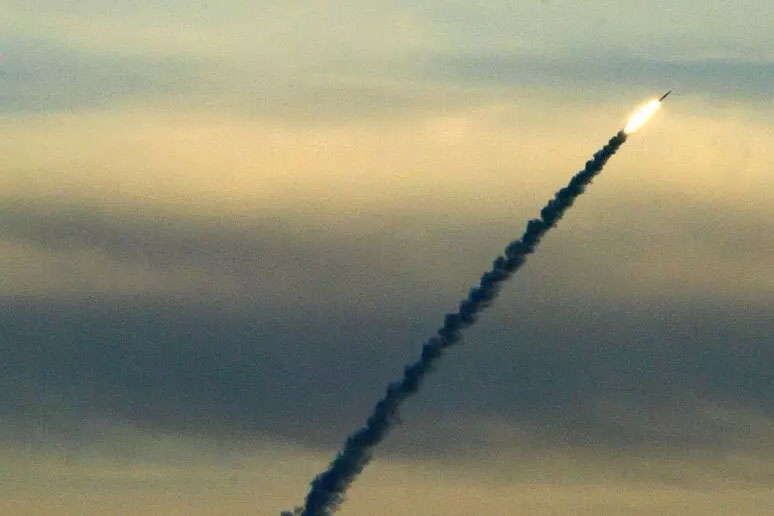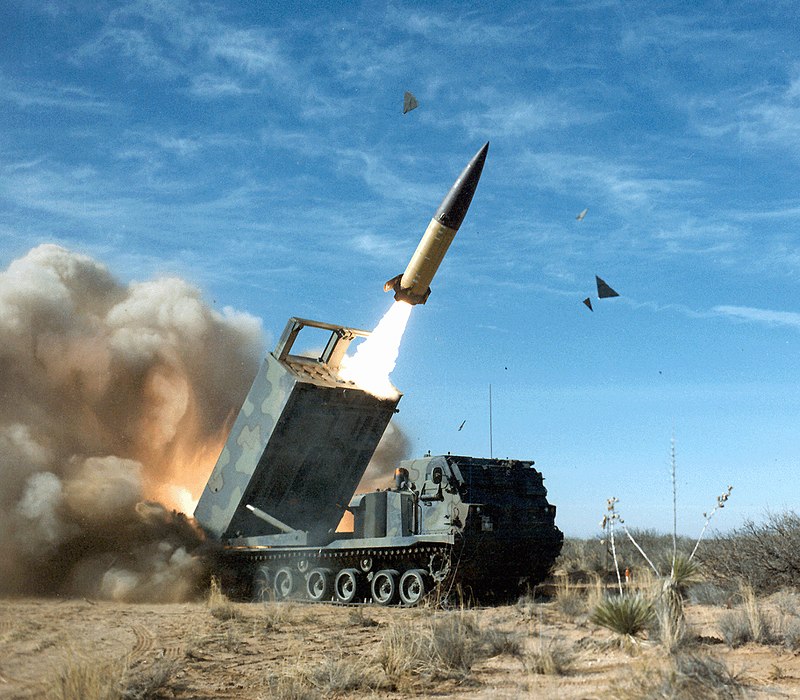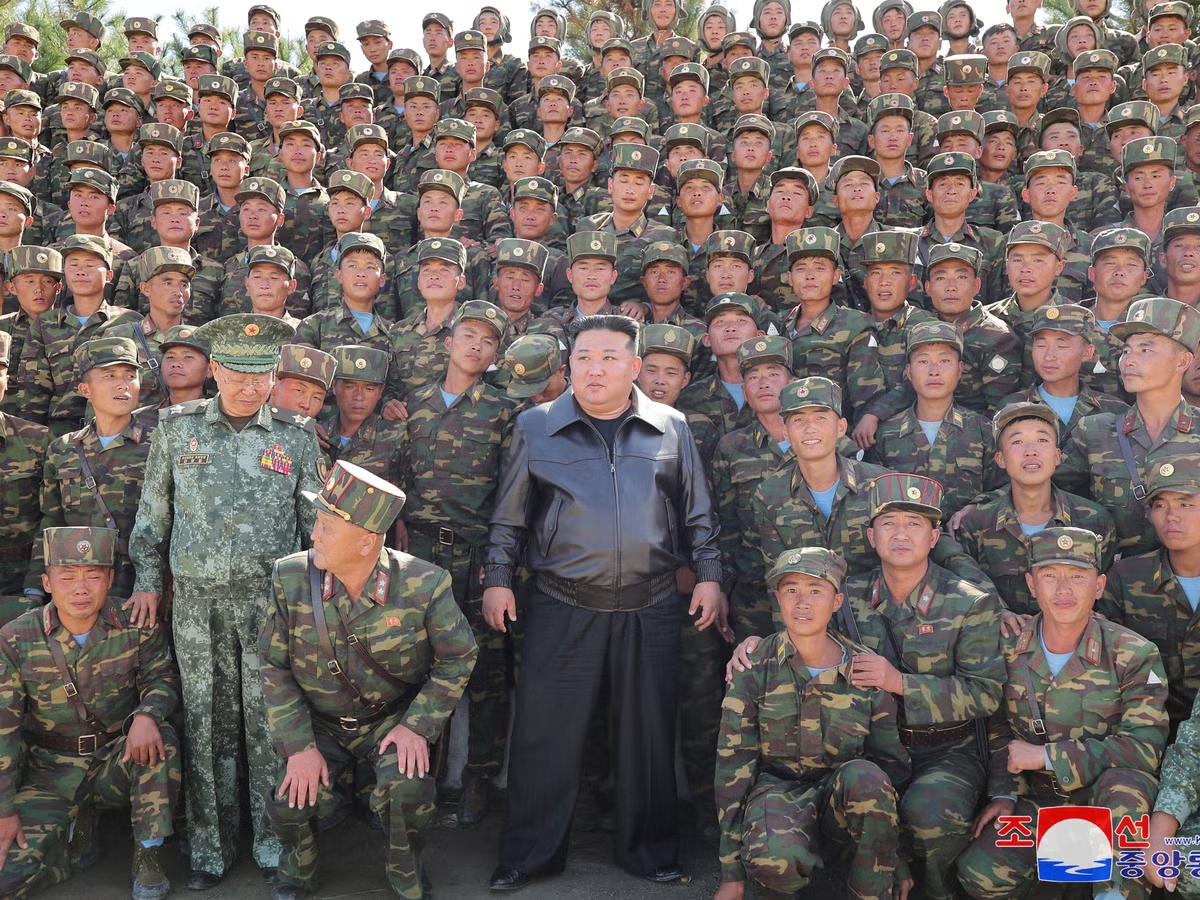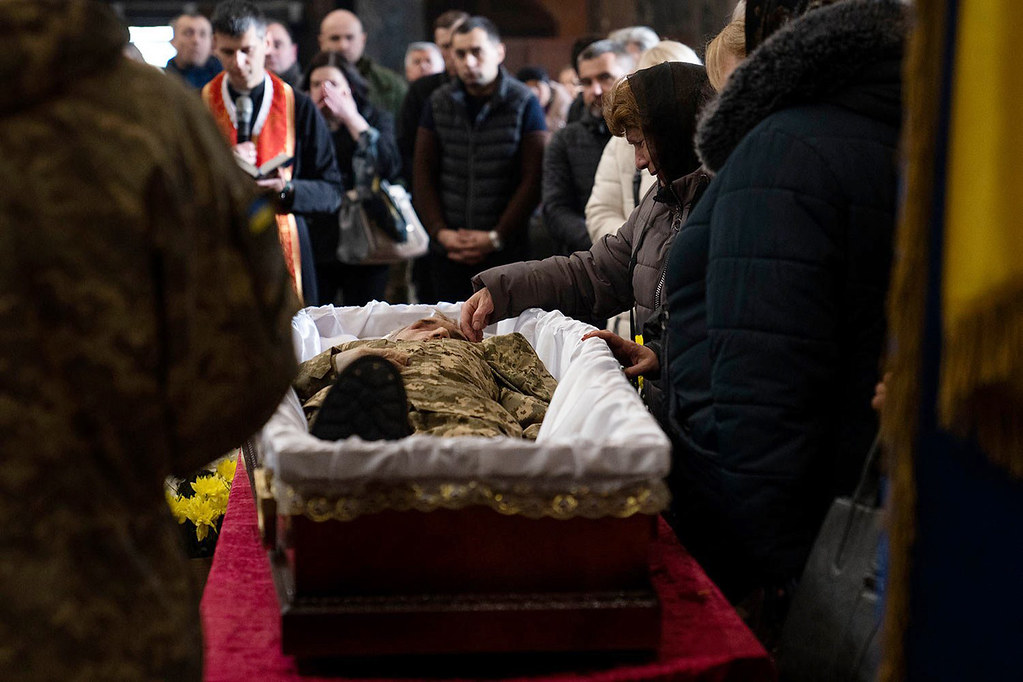There are not enough long-range missiles to change the situation in Ukraine in the West
- (But if Kiev lets Russia attack, it can lead us directly to war.) George Beebe is a former director of CIA analysis in Russia and this article has been posted on the blog of journalist Rafael Poch and on the Brave New Europe website in English.

Russia and the West are quickly stopping without room for manoeuvre to avoid a frontal military shock.
The United States and the United Kingdom are about to accept the use of Western missiles to attack Russia on their territory, according to several reports, and in this regard Vladimir Putin has made his most resounding statements so far. This measure, he said, ‘will change the nature of the conflict’ and will mean that NATO and Russia are ‘at war’. Russia has warned that it will make "the right decisions".
In reply, British Prime Minister Keir Starmer said: "The conflict was initiated by Russia. Ukraine was illegally invaded by Russia. Russia can put an end to this conflict immediately. Ukraine has the right to self-defence.”
The military logic to prove Russia’s determination in this case is unclear. There is little reason to believe that the use of airborne cruise missiles will increase Ukraine’s chances of winning what has become a war of wear, in which the Russians have great advantages over Ukraine from the population and military manufacturing. The Russians are eroding the ability of the Ukrainians to bring well-trained and equipped forces to combat, and cruise missiles launched from the air will not alter it.
Secondly, the Russians are able to adapt to the offensive capabilities of the far-reaching Ukrainians, as has already been done with the HIMARS artillery and the missiles launched from the ATACMS ground. The relocation of supply warehouses, for example, has resulted in greater effectiveness in neutralizing the advanced weaponry of the West by means of electronic warfare countermeasures.
Thirdly, in order for Ukraine to have a real influence on its ability to damage Russian territory, the West should give it large quantities of long-range missiles. In other words, they would now, apparently, need much more than the small number of basic range models being proposed. But the West has limited power to provide those amounts, and its granting would almost inevitably lead to direct reprisals from Russia.
Nor is the political logic behind the authorisation of deep attacks on Russia clear. There is little reason to conclude whether these attacks will bring sufficient pressure to put an end to Putin’s war or bring it to the negotiating table, but there are good reasons to believe that Russia is fighting NATO and not the Ukrainian people to extend its claims. In the history of large-scale bombing campaigns, there are many examples in which public resistance has been encouraged. So far, it has been, thanks to Russia’s attacks on Ukraine, that they have raised positions in favour of Ukrainian nationalism and the exclusion of the Russians.
Another possible unexpected consequence is that the increasing mortality of Western military aid will tighten Russia’s demands on future negotiating tables. The more the West proves that Ukraine is ready to be used to beat Russia, the more the Russians will commit themselves to the extensive demilitarization of Ukraine as a condition for reaching an agreement.
On the other hand, the risks are quite significant compared to the few awards that have been presented. The greatest danger is that Russia feels compelled to “restore deterrence”, to demonstrate to the West that it cannot continually increase the lethality and scope of the weapons it gives to Ukraine, without a direct response from Russia. Putin is going to be under pressure in his own country to take a tough stand and give a clear blow somewhere in the West, thereby preventing the West from further increasing its involvement. Otherwise, if you go down that road, at some point there will be very little chance for Russia to give up a large-scale war with NATO, something that Putin obviously wants to avoid.
What “appropriate measures” can Putin take? Russia is not very likely to react immediately and to embark on a nuclear escalation. Instead, the sabotages currently practised in Europe can be multiplied by warning shots (so far more than major attacks); it can give missiles and satellite intelligence to Hezbollah or Huthei; or, if it feels the need to go further, it can attack the Western satellites, which are essential to correct the Ukrainian attacks.
Any of these actions could cause serious damage to the West and give rise to its response. The response would further enhance the risky cycle of joint climbing, the end of which cannot be predicted.
Only Putin knows where he can put the hard line. But if you look at the dangers of a direct war between the world's major nuclear powers, it's a little bit spearheaded to keep pushing to know where that line might be.
Russia cannot win this war without conditions. It cannot conquer, occupy and govern the entire vast Ukrainian territory. That should form an invading and occupying force that would be much larger than the size of the current Russian army. But Russia can destroy Ukraine, leaving it in a state of dysfunction that cannot be rebuilt and allied with anyone.
It is not in the interests of the West and Ukraine to obstruct an agreement that guarantees the independence of Ukraine and offers opportunities for a promising future.
What Ukraine needs at the moment, desperately, are not far-reaching weapons. What it needs is a viable plan that will give Ukraine a realistic opportunity to rebuild itself and to move forward towards a negotiated end to this war.
Palestinan genozidioa, Europan gerra eta potentzia nuklearren artean tentsioa. Ez daukagu berri on askorik emateko, baina bada bat, hondamendi orokorretik eratorria, aipatzea merezi duena: aldeko baldintzak sortzen ari dira kontrainformaziorako, informazio independenterako,... [+]
Road 20 January. U.S. President Donald Trump will be investigated on January 20. Democratic economic elites have repeatedly tried to put an end to Trump’s life. Will they achieve the target by 20 January? Furthermore, they intend to bring the war to a new, tougher phase. To do... [+]








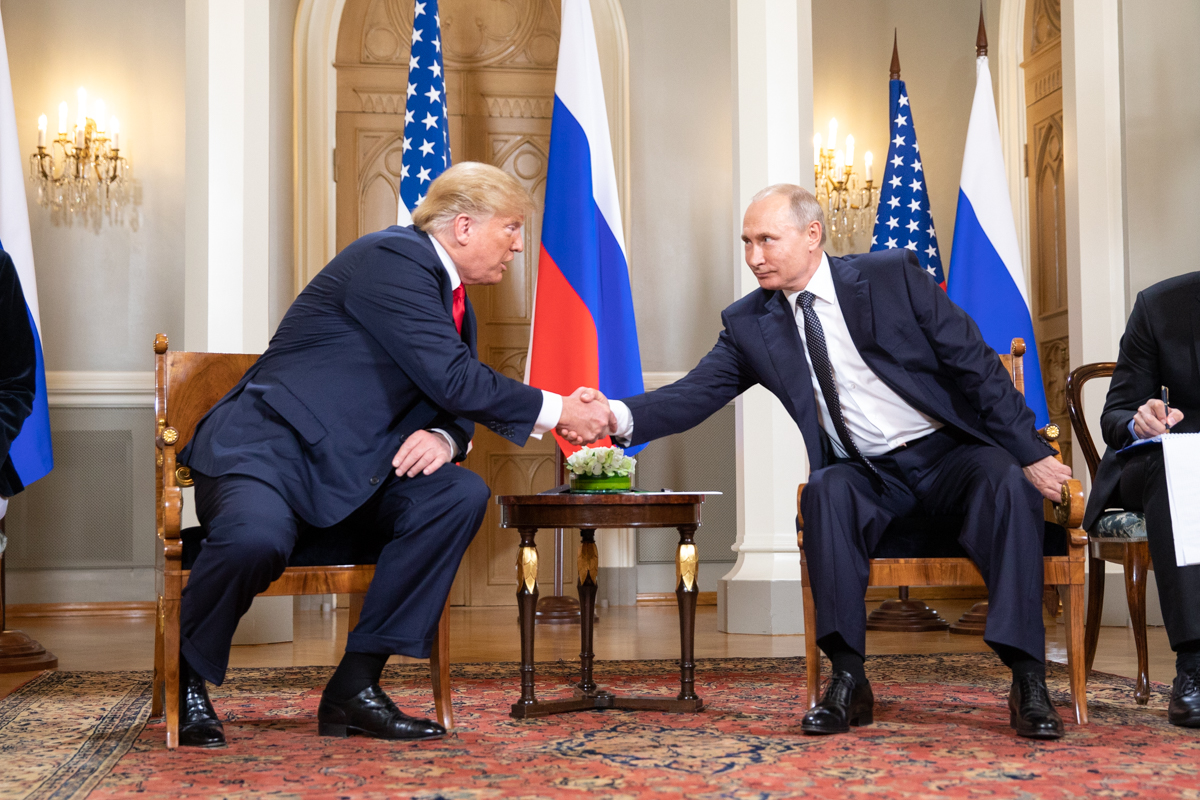
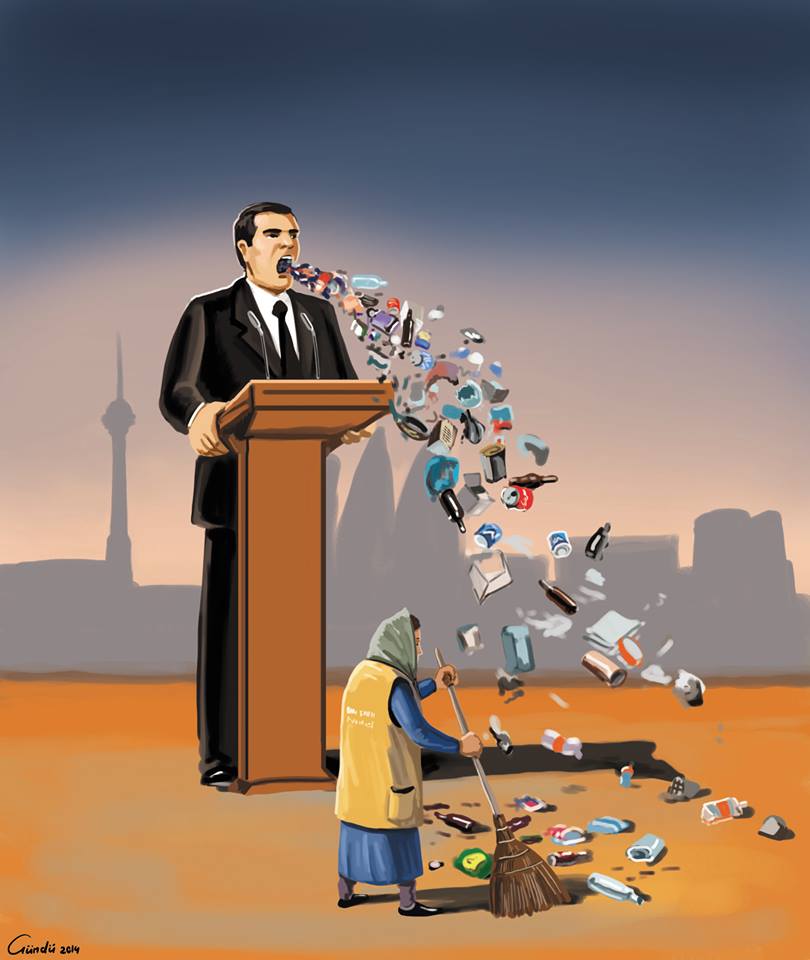
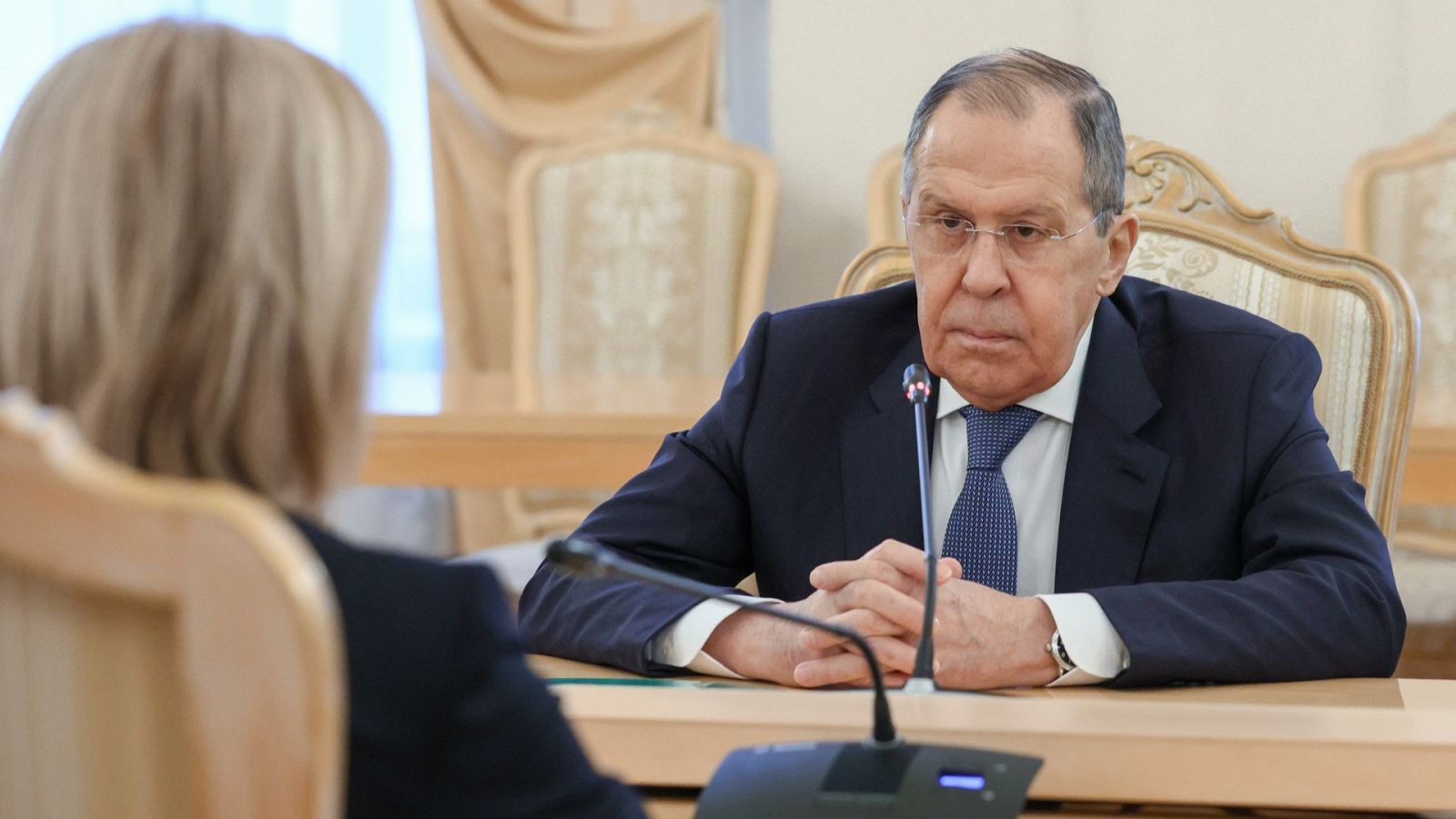

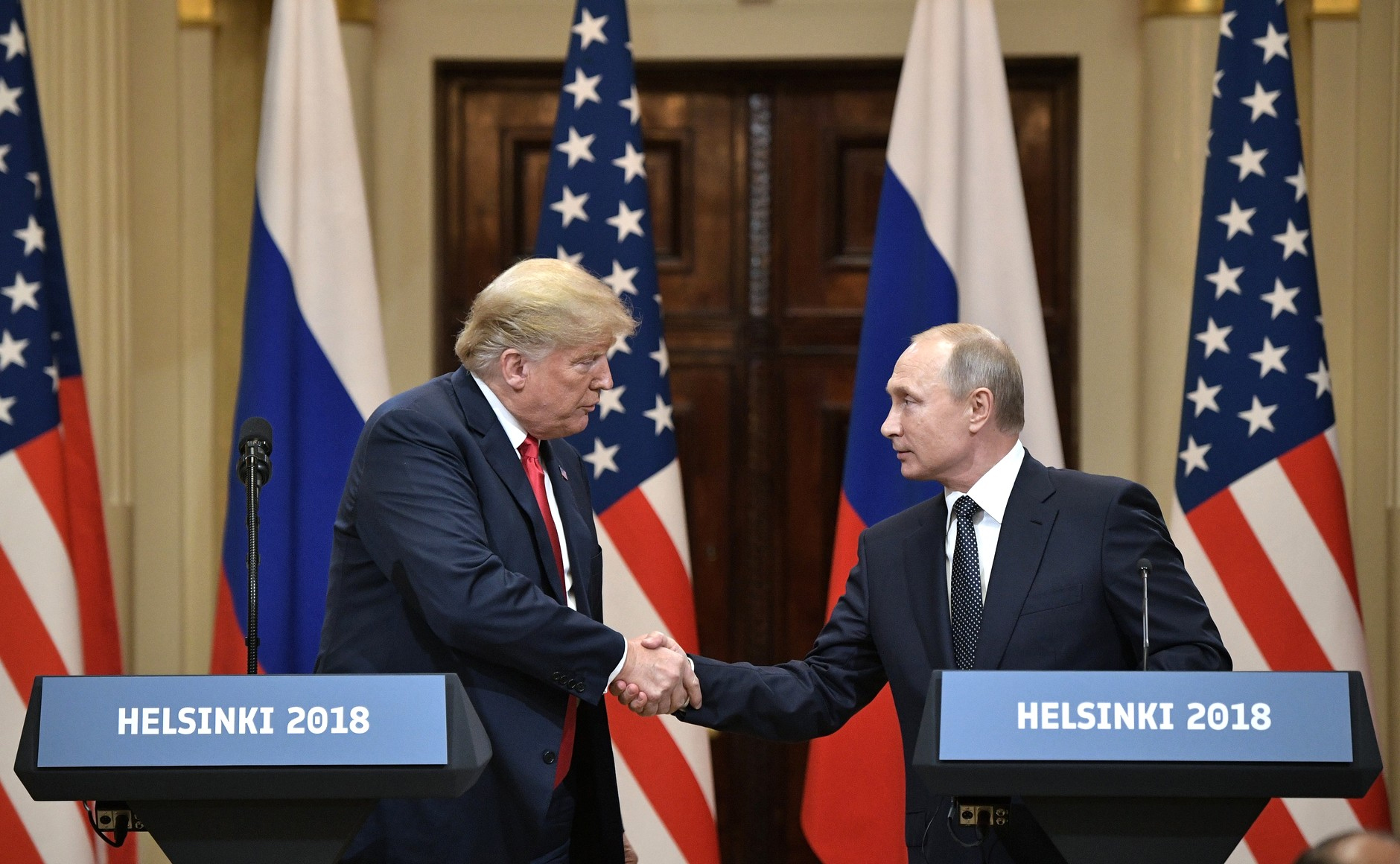
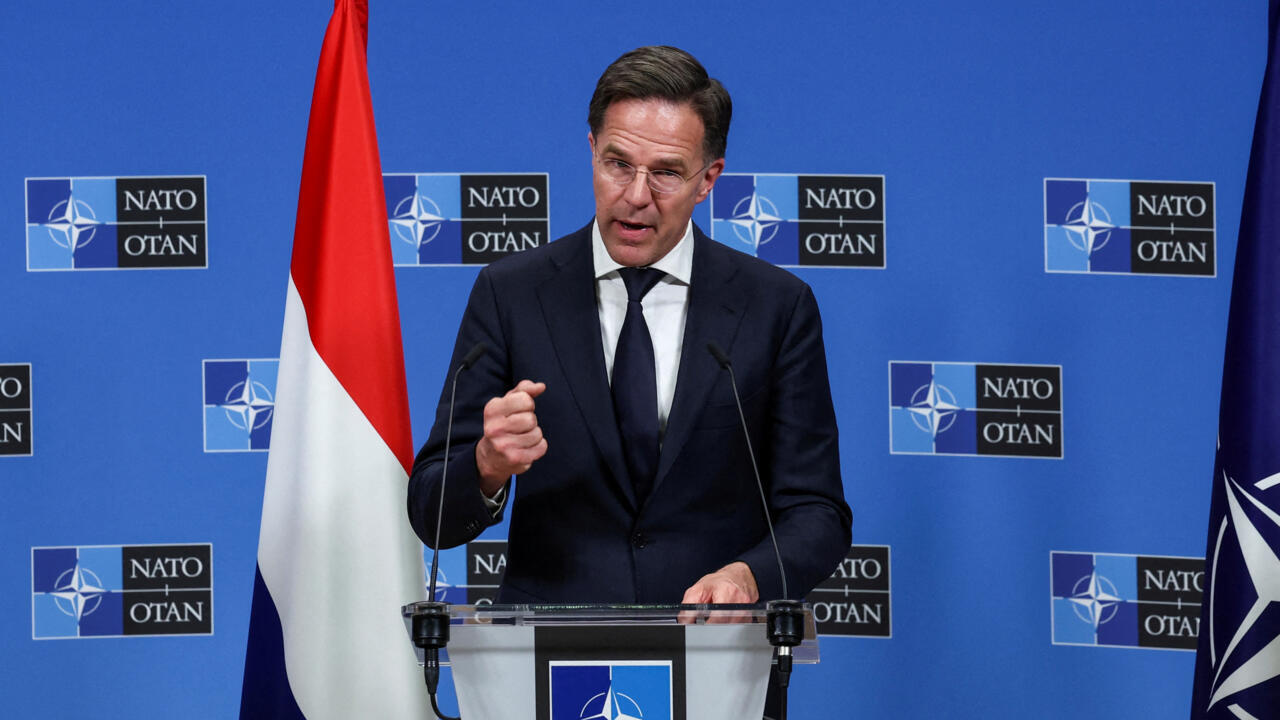

.jpg)
